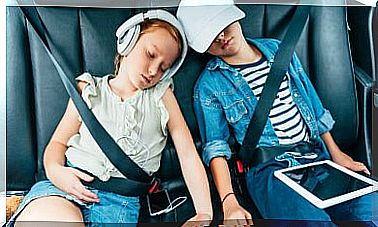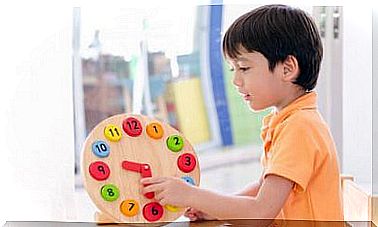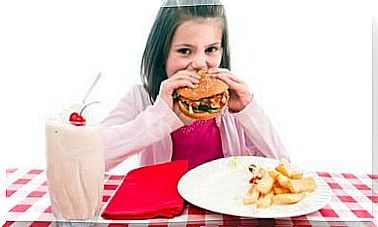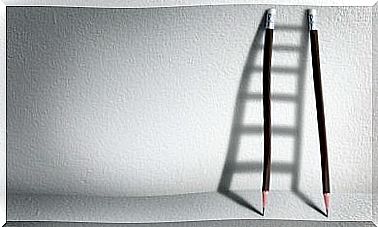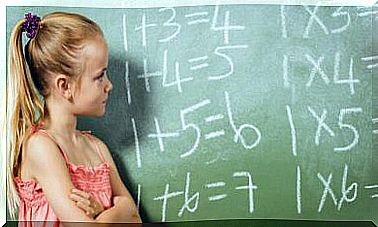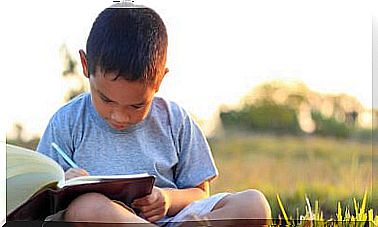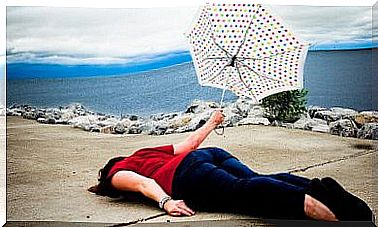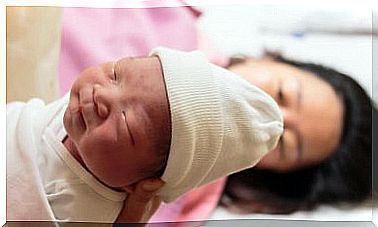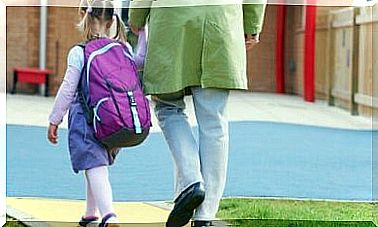Whooping Cough, What Is The Risk For My Baby?
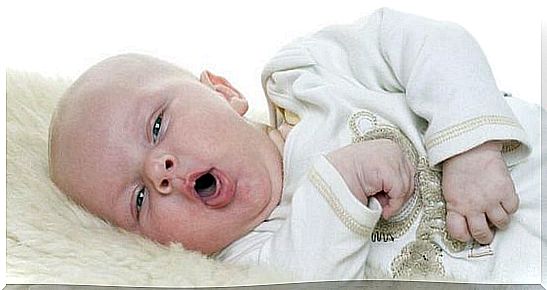
Whooping cough, also known as pertussis or whooping cough, is a serious disease caused by a bacterial infection of the respiratory system and characterized by strong coughing attacks with a high-pitched sound that is emitted upon inspiration.
This contagious respiratory disease mainly affects infants under 6 months of age who have not been promptly vaccinated to prevent this condition. It can also affect boys between the ages of 11 and 18 whose immunity granted by these injectables has decreased.
Although currently vaccines against pertussis have considerably reduced the number of deaths, today many babies and children die from not being treated in time since this condition causes minors to stop breathing.
In this article we will tell you how you can protect your child from contracting whooping cough and what are the routes of infection. Read carefully and begin to remember: Have you and your child been vaccinated to prevent this disease? If they have not, then consider going to a vaccination to do so.
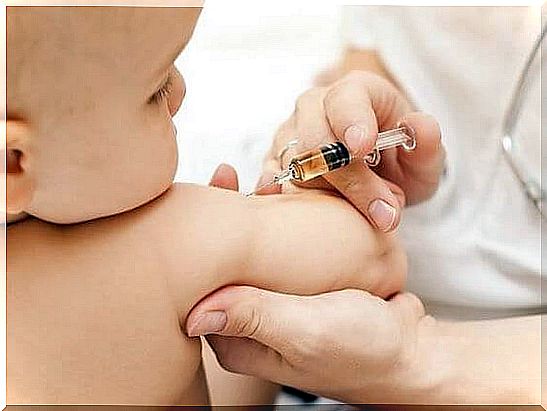
Routes of transmission of whooping cough
People with whooping cough often spread the disease by coughing or sneezing around other people, who breathe in the bacteria that cause it. That is why many babies acquire the infection from their parents, siblings or caregivers, who may even be unaware of their own health.
Once contracted this condition, also known as whooping cough, the lungs and airways of the patient begin to swell, the trachea also becoming infected, which causes an annoying, violent and persistent cough.
Precisely, the name of this condition present in adults and children is due to the strange sounds produced by those who present it, because when they try to breathe between their coughing attacks, they are heard like “beasts” roaring.
Signs and symptoms of whooping cough
The initial symptoms of whooping cough are exactly the same or similar to those that occur in cases of common colds, for example:
- Runny nose
- Sneezing
- Mild cough
- Slight fever
After two weeks, the dry and irritating cough turns into coughing spells lasting more than a minute that are very difficult to control. It is worth clarifying that during these intense coughing attacks the child may turn red or purple and, once finished, may make noises when inhaling or even vomiting.
However, although many babies and children develop these symptoms, not necessarily all of them present them since some children do not cough or make sounds, but they can give the sensation that they lack air to breathe, become dead and even stop breathing during few seconds.
Also, little ones may get pneumonia (infection of the lungs) and have some difficulty breathing. Presumably, half of babies with whooping cough are hospitalized and some of them even die.
An important fact to keep in mind is that during coughing episodes, babies’ lips and nails tend to turn blue due to lack of oxygen. In addition, it may happen that the child expels or vomits a thick mucus.
Particular risks in babies
Whooping cough represents a real risk for any baby under one year of age as they are prone to complications such as: pneumonia, seizures, brain damage and even death. For this reason, specialists recommend taking the baby to the emergency room immediately.
In this way, pediatric experts alarm parents and suggest approaching the hospital guard in case the baby shows breathing difficulties, persistent vomiting, seizures or symptoms of dehydration.
How to prevent whooping cough?
Pertussis can be prevented by timely administration of the DTaP (diphtheria, tetanus, and acellular pertussis) vaccine, given in five doses before age six. The American Academy of Pediatrics also advises, for additional protection, children between 11 and 18 years of age receive a booster.
Also, this vaccine can be administered to adults who have not been vaccinated in adolescence or childhood, especially in the case of living with infants, since the latter may develop complications of whooping cough that endanger their lives.
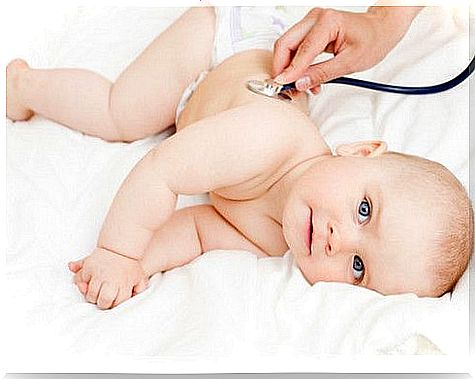
Time to call the pediatrician
In case of suspecting that the baby contracted whooping cough or if he was in contact with someone who suffers from it, even if he has previously received all the scheduled vaccines against this disease, it will be advisable to consult a pediatrician, especially if he suffers prolonged coughing attacks .
The alarm signal is intensified if these attacks are accompanied by signs that must be considered with special attention:
- The baby’s skin, lips, or nails turn red, purple, or blue.
- You vomit often, and may even vomit thick mucus.
- They manifest a high-pitched sound when inhaling after coughing.
- You have trouble breathing or have brief episodes where you stop breathing (apnea).
- He is lethargic.
Now, in case your child has already received medical attention and has been diagnosed with whooping cough, receiving home treatment, do not hesitate to seek medical help immediately if he begins to seizure, has difficulty breathing or if he shows signs of dehydration .
